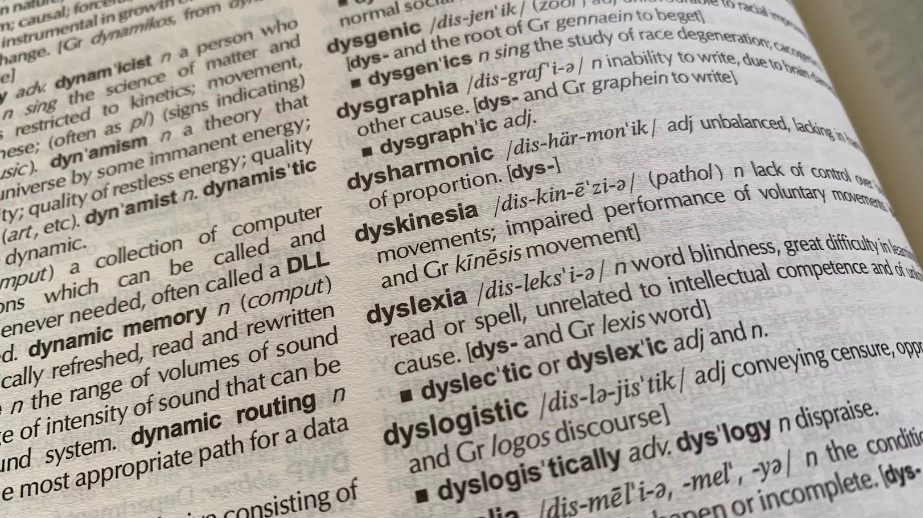How Dyslexia Tutoring Helps Navigate Neurosensory Challenges

Families in Sydney, like those worldwide, often encounter the profound impact of neurosensory conditions such as dyslexia. Dyslexia, recognized as one of the most prevalent learning disorders, manifests in various ways, affecting how individuals process language. This condition can create formidable challenges in reading, writing, and spelling, tasks that are fundamental to academic and professional success.
For children with dyslexia, the classroom environment can become a source of frustration and anxiety. Simple activities like reading aloud or spelling tests can trigger feelings of inadequacy and lead to a sense of being left behind. Similarly, adults with dyslexia may face hurdles in their careers, struggling with tasks that require strong written communication skills.
Despite these challenges, it’s important to recognize that dyslexia is not a measure of intelligence or potential. With the right support and guidance, individuals with dyslexia can achieve remarkable success in various aspects of life. This is where dyslexia tutoring plays a pivotal role.
Dyslexia tutoring provides a specialized approach tailored to the unique needs of each individual. Unlike traditional teaching methods that may not effectively address dyslexic challenges, tutoring programs are designed to accommodate diverse learning styles and cognitive differences. By employing multisensory techniques, tutors engage visual, auditory, and tactile pathways simultaneously, enhancing learning retention and comprehension.
Understanding Neurosensory Challenges:
Neurosensory challenges, like dyslexia, stem from differences in how the brain processes information. In the case of dyslexia, individuals may struggle with phonological processing, which affects their ability to decode words accurately. This can lead to difficulties in reading fluency, comprehension, and writing skills. Additionally, dyslexia may manifest alongside other neurosensory conditions, such as ADHD or dysgraphia, further complicating the learning process.
The Importance of Early Intervention:
Recognizing the signs of dyslexia early is crucial for effective intervention. In children, indicators may include delayed speech, difficulty with rhyming, frequent letter reversals, and struggles with reading comprehension. However, dyslexia can persist into adulthood if left untreated, impacting academic and professional pursuits.
The Role of Dyslexia Tutoring:
Dyslexia tutoring offers tailored support to address the specific needs of individuals with dyslexia. These programs are designed to:
- Provide Multisensory Instruction: Dyslexia tutoring employs multisensory teaching methods that engage visual, auditory, and tactile pathways simultaneously. This approach reinforces learning and improves retention, accommodating diverse learning styles.
- Build Phonological Awareness: Tutoring programs focus on strengthening phonological awareness, which is foundational for reading and spelling. By breaking down language into its constituent sounds, individuals with dyslexia can develop better decoding skills and word recognition.
- Enhance Reading Fluency: Dyslexia tutoring helps learners improve reading fluency through targeted exercises and guided practice. By employing strategies to increase reading speed and accuracy, individuals gain confidence and proficiency in tackling written material.
- Develop Compensatory Strategies: Dyslexia tutoring equips individuals with strategies to compensate for their difficulties. This may involve using assistive technology, such as text-to-speech software, or implementing organizational techniques to manage academic tasks effectively.
- Boost Self-Esteem and Confidence: Through personalized instruction and positive reinforcement, dyslexia tutoring fosters a sense of achievement and self-confidence in learners. As they make progress and overcome challenges, individuals with dyslexia gain a newfound appreciation for their abilities.
Accessing Dyslexia Tutoring in Sydney:
Sydney is home to various resources and organizations dedicated to supporting individuals with dyslexia. Families can explore specialized tutoring centers, educational psychologists, and literacy programs that cater to neurosensory needs. Additionally, schools may offer accommodations and interventions through special education services or learning support units.
Families often confront the unique hurdles posed by neurosensory conditions like dyslexia. Dyslexia, a prevalent learning disorder, disrupts language processing, leading to difficulties in reading, writing, and spelling. Despite these obstacles, dyslexia doesn’t have to be a roadblock to success. With the right support and guidance, individuals can overcome these challenges, and dyslexia tutoring stands out as a highly effective avenue of assistance.
